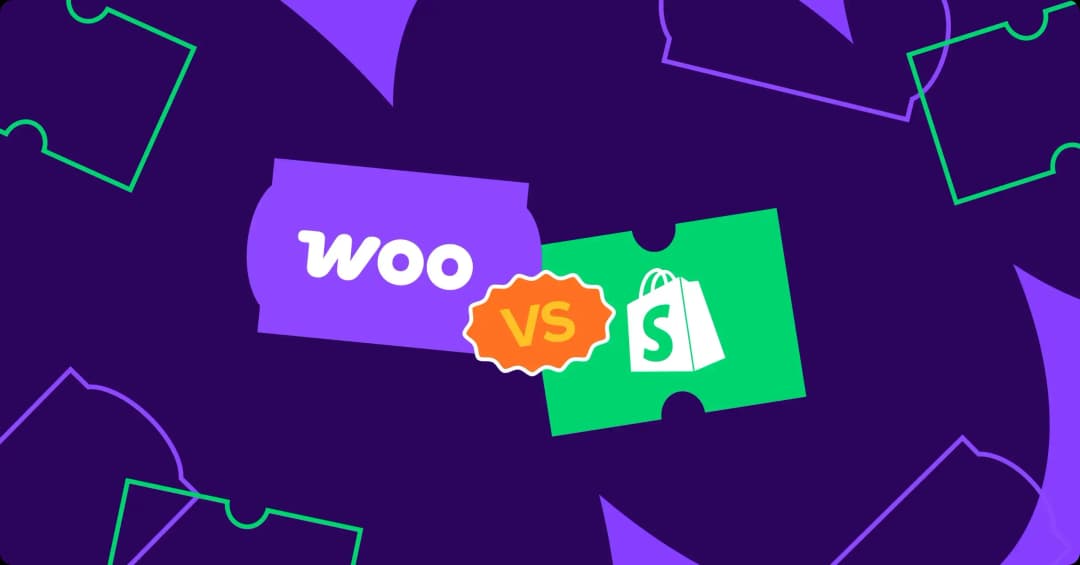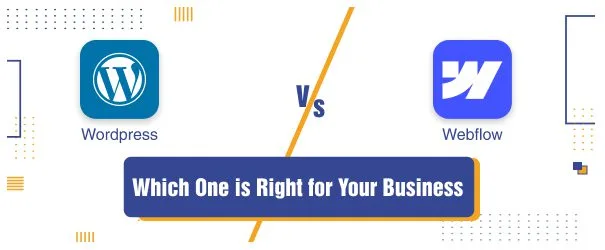React
React is a JavaScript library developed by Facebook, widely adopted for building user interfaces, particularly for single-page applications.Key Features
- Component-Based Architecture: Encourages reusable code and separation of concerns.
- Virtual DOM: Optimizes rendering by updating only the parts of the DOM that have changed.
- Strong Ecosystem: Supported by tools like Redux, Next.js, and React Router for complex apps.
Applications
- Single Page Applications (SPAs)
- Dynamic Web Dashboards
Angular
Angular is a comprehensive front-end framework maintained by Google, ideal for building complex, scalable web apps.Key Features
- Two-Way Data Binding: Ensures automatic synchronization between model and view.
- Dependency Injection: Promotes modularity and testability.
- TypeScript-Based: Offers improved tooling and type safety.
Applications
- Enterprise-Grade Applications
- Progressive Web Apps (PWAs)
Vue.js
Vue.js is a lightweight and flexible framework that has gained popularity for its simplicity and ease of integration.Key Features
- Progressive Framework: Can be incrementally adopted or used for full-featured SPA development.
- Reactivity System: Automatically updates the DOM when data changes.
- Ease of Integration: Works well with existing projects or libraries.
Applications
- Interactive Web Interfaces
- Custom Component Libraries
Svelte
Svelte is a radical new approach to front-end development that compiles components into highly optimized JavaScript.Key Features
- Compile-Time Optimization: No virtual DOM—results in faster performance.
- Simplified Syntax: Easy to read and write, especially for beginners.
- Built-In State Management: Reduces the need for external libraries.
Applications
- Small to Medium Web Apps
- Interactive Widgets
Alpine.js
Alpine.js is a lightweight JavaScript framework designed for developers who love simplicity and minimalism.Key Features
- Minimal Footprint: Extremely lightweight and fast.
- Declarative Syntax: Similar to Vue, easy to use directly in HTML.
- No Build Step: Can be used directly via CDN for rapid prototyping.
Applications
- Simple Interactive UIs
- Static Site Enhancements





